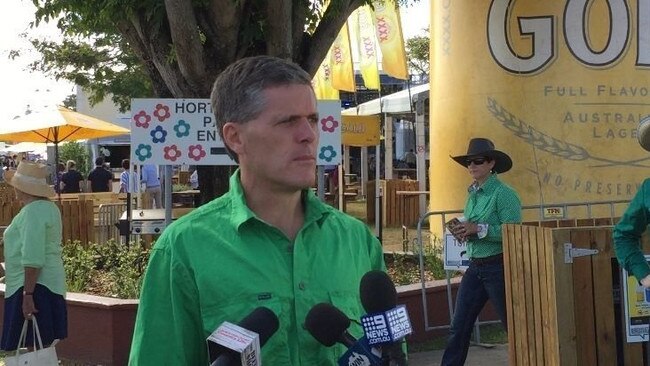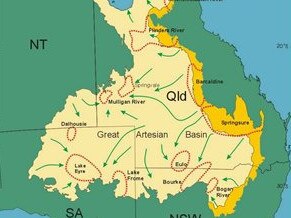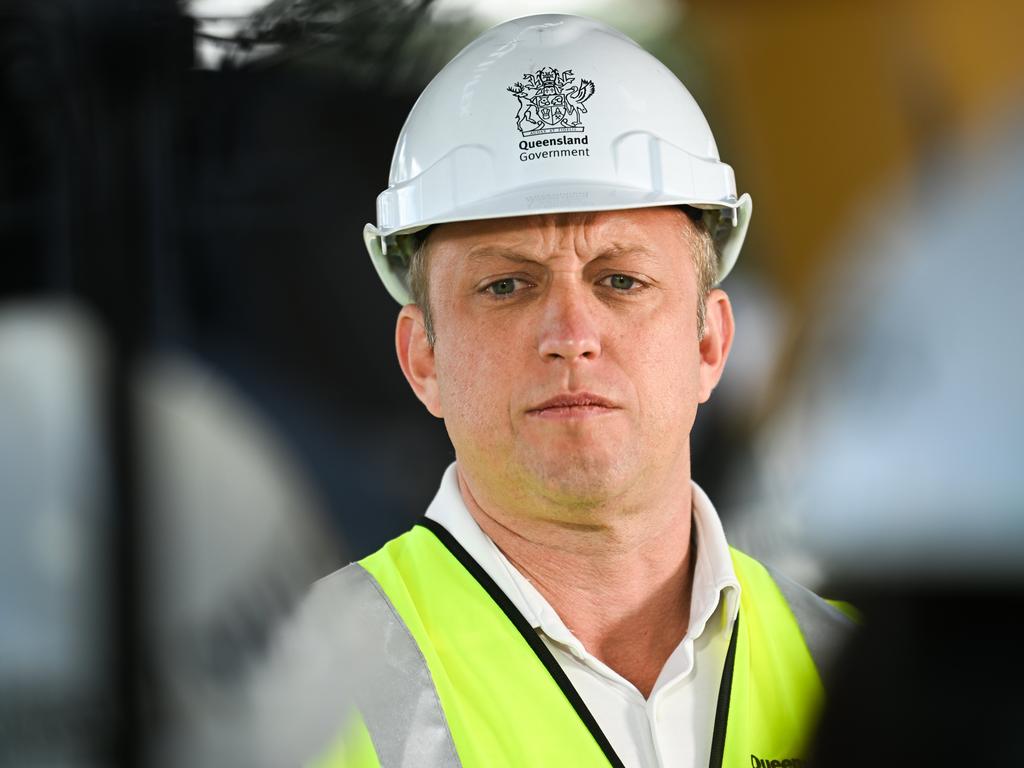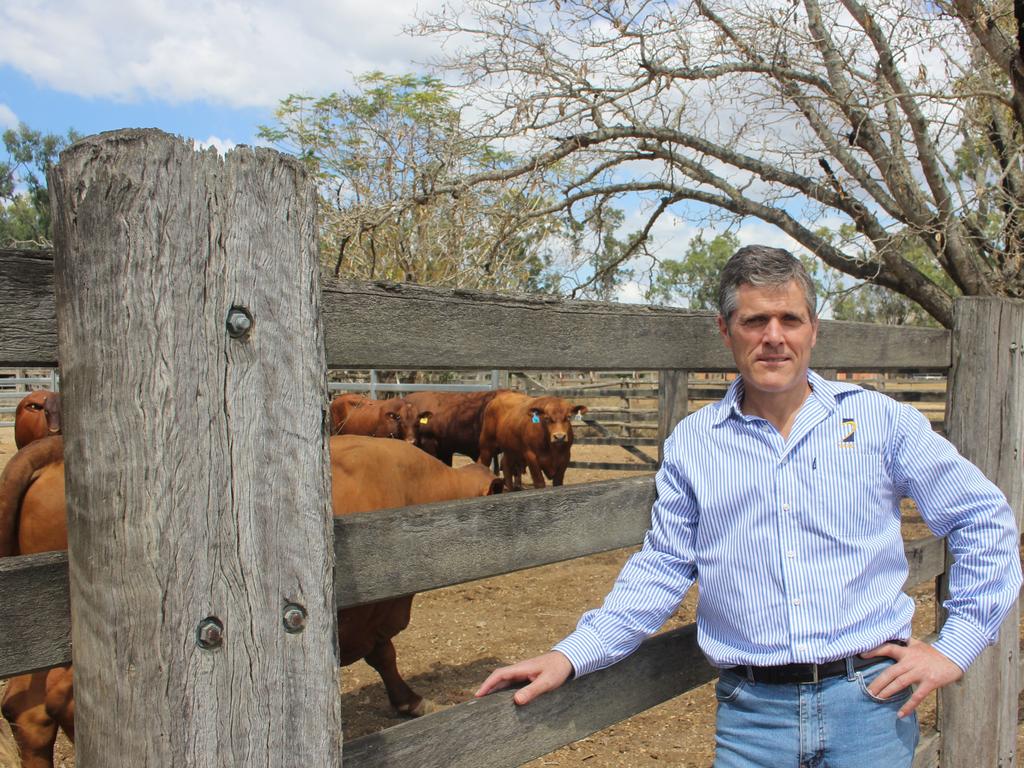Farming group drops legal action over Glencore’s Great Artesian Basin carbon storage project
The case was set down for debate in the Federal Court on Thursday, but AgForce withdrew its application at the eleventh hour.

The legal showdown between farmers and the Albanese government over future carbon capture and storage projects in the Great Artesian Basin is over after AgForce’s Federal Court case was withdrawn.
Scheduled for a two-day hearing starting Thursday, the case was the agricultural lobby group’s bid for a judicial review to force the government to consider future carbon storage projects affecting underground water under federal environmental protection legislation.
AgForce had sought a judicial review of a decision by the environment department in February 2022, under the Morrison government, not to assess miner Glencore’s plans to capture carbon dioxide emissions from the Millmerran coal fired power plant, west of Toowoomba, and store it in the basin, under the Environment Protection and Biodiversity Conservation Act.
Up until last week, the Queensland-based advocacy body had vowed to press ahead with the legal action, despite the Queensland government in May rejecting Glencore’s proposal and legislating a ban on similar projects within the underground water resource.
AgForce had feared the state ban could be lifted at the whim of future governments and should be considered under the federal legislation.
But in a surprise twist, the case was dismissed on Monday after AgForce accepted the main reason it had gone to court – to prevent the Glencore project going ahead – had already been resolved.

Glencore subsidiary Carbon Transport and Storage Corporation, which had joined the legal proceedings as an interested party, said it would not seek to recover legal costs from AgForce.
“AgForce made the decision not to continue with the case admitting that it lacked utility and was entirely futile following the prohibition by the Queensland government against CCS projects within the Great Artesian Basin,” a Glencore spokesman said.
AgForce chief executive officer Michael Guerin said the group would still campaign for the government to ensure similar future proposals are considered under the Environment Protection and Biodiversity Conservation Act.
“AgForce implores the Federal government and Federal opposition to commit to fundamental reforms to the EPBC Act that include a water trigger in the Matters of National Environmental Significance provisions and that can give every Australian the confidence that this sorry episode will not be repeated,” he said.
“Our work for the Great Artesian Basin has been one of AgForce’s most consequential campaigns.
“It makes no sense for a government supposedly dedicated to an energy transition to support ongoing investment in coal-fired power generation with an international mining giant, especially where the resultant waste disposal activities put Australia’s food security at risk and create irreversible damage to the Great Artesian Basin.”
In a statement, the Department of Climate Change, Energy, the Environment and Water described AgForce’s attempt to continue with the legal action as “futile”.
“The parties agreed to resolve the proceedings following the passage of the Minerals and Energy Resources and Other Legislation Amendment Act 2024 (Qld) (MEROLA Act), which prevents the Surat Basin Carbon Capture and Storage Project from proceeding,” the department statement said.
“The hearing was vacated after AgForce agreed to withdraw their application.
“The proceedings were futile as the MEROLA Act prevents Carbon Transport and Storage Corporation Pty Ltd from proceeding with the Surat Basin Carbon Capture and Storage Project.”
It comes after a parliamentary committee recommended all states and territories should consider a legislated ban on carbon capture and storage activities across the Great Artesian Basin and for federal legislation to be amended to force consideration of similar proposals under national environmental regulations.
Following an inquiry, the committee said the “water trigger” provisions within the EPBC Act should be updated to include onshore CCS projects.
Environment Minister Tanya Plibersek is yet to respond to the recommendations.
Glencore’s project was opposed by farmers, environmentalists and rural communities over fears it would damage the massive underground water reservoir, which lies below 22 per cent of the continent and is an essential water source for rural towns and industries.
CCS technology has been touted as a solution to reduce emissions from hard-to-abate industries, and the federal government has invested more than $300m on a range of CCS projects.
But Glencore said the rejection was a major setback for the fledgling Australian CCS sector.






To join the conversation, please log in. Don't have an account? Register
Join the conversation, you are commenting as Logout